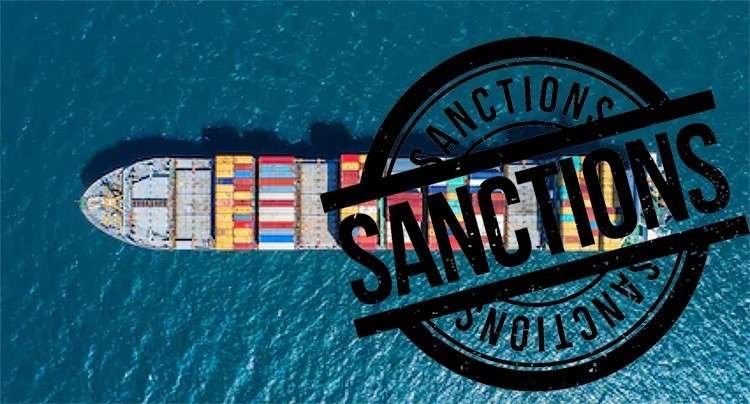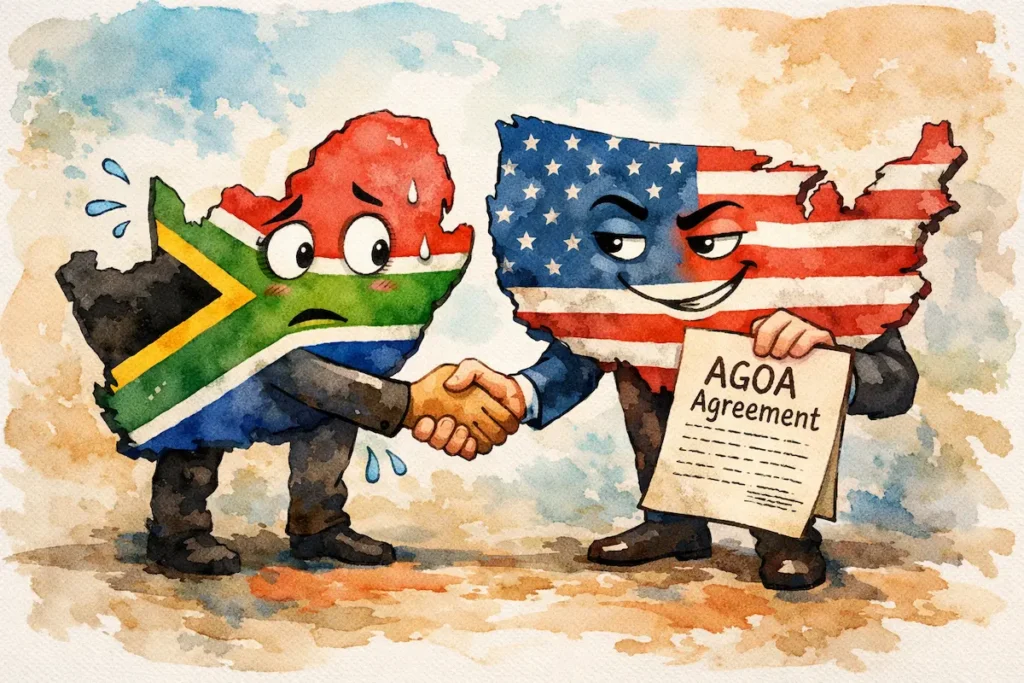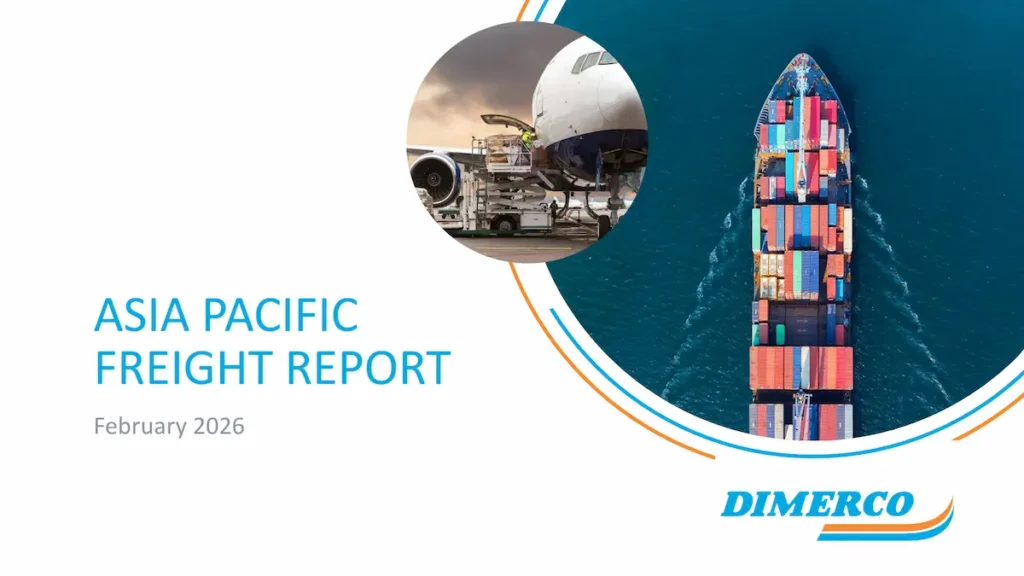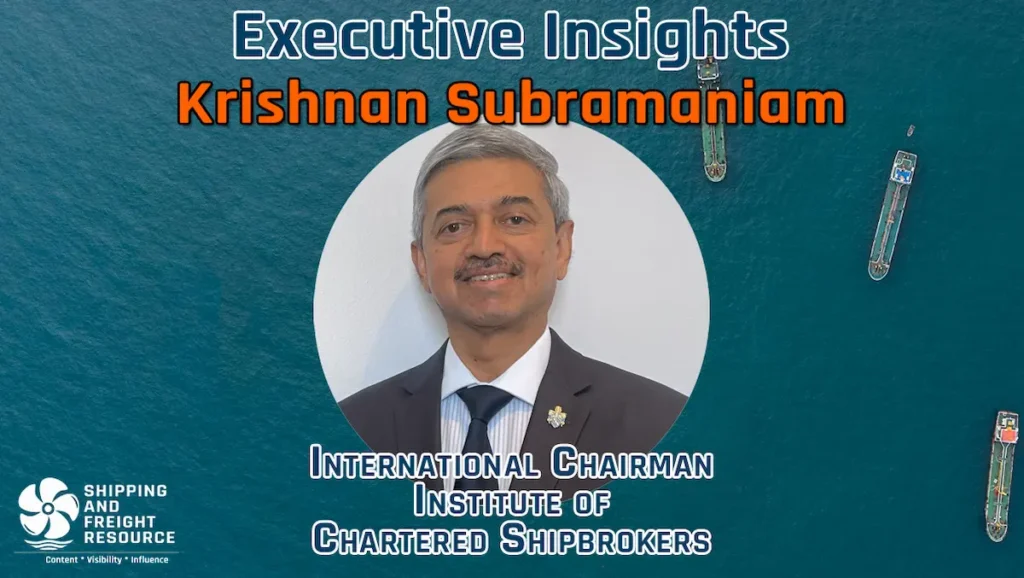‘Tis the season… The season for geopolitical games such as tariffs and penalising countries and individuals who do not comply with the requirements or regulations of certain countries or certain bodies.
Sanctions are considered “measures taken by countries to restrict trade and official contact with a country that has broken international law.” The international sanctions regime is very much shaped by the geopolitical forces of the day and can be grouped into the following categories:
- The US Sanctions, issued by OFAC
- United Nations Sanctions
- EU Sanctions
Sanctions play a pivotal role in international trade and shipping, acting as enforcement tools for geopolitical strategies, regulatory compliance, and the prevention of illicit trade.
Whether imposed by the United States, the European Union, the United Nations, or individual nations, sanctions impact global commerce and can have serious financial and legal consequences for businesses.
International trade and shipping companies must navigate these restrictions carefully to avoid penalties, blocked transactions, and reputational damage.
Sanctions typically take the form of trade embargoes, financial restrictions, travel bans, and arms embargoes, all of which aim to regulate economic activities between nations. These measures are often introduced in response to geopolitical conflicts, human rights violations, or security threats.
Compliance with sanctions laws is particularly complex in the maritime industry, where cargo is transported across multiple jurisdictions. A single misstep can result in blocked payments, frozen assets, and legal action, making it essential for importers, exporters, and shipping companies to have a clear understanding of the sanctions landscape.
Notable legal cases on sanctions in shipping
Several high-profile legal cases have shaped how sanctions laws are applied in shipping and international trade:
- Orin Energy Investments Ltd v Futura Asia (Malaysia): This case revolved around a dispute over fuel oil sales. Orin Energy refused to accept fuel originating from Venezuela, citing U.S. OFAC sanctions. The Malaysian Admiralty Court ruled that since neither party had a U.S. nexus, the fuel was not considered blocked property under U.S. law. As a result, Orin Energy was not justified in suspending payment for the shipment.
- Celestial Aviation Services Ltd v UniCredit Bank AG (UK): The English Court of Appeal held that UniCredit Bank AG was excused from making payments under letters of credit issued for Russian aircraft purchases due to the UK’s sanctions regime. This case reinforced the impact of financial restrictions in trade-related transactions.
- Kuvera Resources Pte Ltd v JP Morgan Chase Bank (Singapore): In this case, JP Morgan refused to process a letter of credit because the vessel involved in the shipment was linked to Syria, a sanctioned country. The Singapore High Court upheld the bank’s decision, ruling that its foreign sanctions clause was valid. However, this ruling was later partially overturned by the Court of Appeal, which found that JP Morgan had not fully justified its refusal to make payment..
These cases highlight the growing complexity of sanctions enforcement in maritime trade. Financial institutions, shipping companies, and businesses engaged in global trade must remain vigilant in ensuring compliance, as courts continue to scrutinise transactions involving sanctioned entities..
There is a connection between the obligations of parties in a sales contract, their knowledge about details of the shipment such as the origin of goods, and the relationship to sanctions..
Below is a case of Orin Energy and what transpired.. Information provided by Philip Teoh, an international lawyer and arbitrator dual qualified in Singapore and Malaysia with 35 years of experience, shortlisted as among the top 5 dispute lawyers in Malaysia..
Below is the case of Orin Energy and what transpired
The Malaysian Admiralty Court addressed the application of the US OFAC Sanctions on Venezuela in the case of Orin Energy Investments Ltd v Futura Asia .
The case concerned a dispute over a fuel oil sales contract. Orin Energy alleged that Futura breached the agreement by delivering fuel oil of Venezuelan origin, which they claimed was sanctioned under the US OFAC Sanctions regime, and that Futura fraudulently concealed its origin.
This led to a breach of Orin Energy’s charterparty agreement when the vessel MT “Nordic Sirius” refused to accept the fuel oil upon discovery of its origin. Orin Energy also alleged that the Fuel Oil did not meet the contracted specifications and was subject to U.S. sanctions, leading to the termination of the contract.
Futura denied these claims, asserting that Orin Energy was aware of the fuel oil’s origin from the beginning and that it was not sanctioned. Futura counterclaimed for unpaid balances, losses on undelivered parcels, demurrage, and wasted costs caused by the aborted ship-to-ship transfer.
The Court found that Orin Energy had accepted the Cargo and engaged in further transactions involving the Fuel Oil, which undermined its claims of being misled about the oil’s origin. Evidence indicated that Orin Energy was aware of the risks associated with purchasing Venezuelan oil and had taken steps to mitigate those risks.
The Court dismissed Orin Energy’s claims, finding that they were aware of the fuel oil’s origin and accepting Futura’s expert evidence that it was not sanctioned. The court also noted that U.S. sanctions laws apply only when the property of a Specially Designated National (SDN) is in the possession or control of a U.S. person, rendering the property blocked.
Since neither Orin Energy nor Futura were U.S. persons or entities with U.S. nexus, and the transactions did not involve U.S. persons, the fuel oil was not considered blocked or sanctioned property under U.S. sanctions laws. Therefore, Orin Energy was not justified in suspending payment for the fuel oil.
The Judge addressed Orin Energy’s claims regarding the risks tied to purchasing Venezuelan-origin oil but found them without merit. The Court concluded that under the relevant Executive Orders (EOs), U.S. sanctions laws only apply when the property of a Specially Designated National (SDN) is in the possession or control of a U.S. person, making it blocked property.
Since the sale of the fuel oil from PdVSA (an SDN) to Futura involved a non-U.S. person, it did not become sanctioned or blocked property. Similarly, the subsequent sale from Futura to Orin Energy was not subject to U.S. sanctions. As a result, the Court held that Orin Energy was not justified in suspending payment for the fuel oil.
The issue of sanctions was also a major part of this trial in the Admiralty Court, with both parties calling experts on sanctions law to testify on the scope and application of U.S. sanctions, including the definition of Specially Designated Nationals (SDNs) under OFAC. This examination of sanctions law is relatively novel in Malaysian courts and was thoroughly analysed during the trial.
After determining that Orin Energy’s claims were without merit, the Judge considered Futura’s counterclaims for the balance purchase price of the Cargo, loss of profits, and other wasted costs incurred due to Orin Energy’s refusal to take delivery of the Remaining Lots.
The Judge allowed Futura’s counterclaims partially on the findings that Orin Energy had breached the Sales Contract by failing to pay for the balance purchase price and take delivery of the Remaining Lots.
The case clarifies the obligations of parties in a sales contract concerning the origin of goods and the implications of knowledge regarding such origin.
Sanctions clauses and shipping contracts
Shipping Contracts may have a sanctions clause which allow parties to invoke if one of the parties acts in contravention of sanctions. In the case of Orin Energy Investments Ltd v Futura Asia Ltd. there was such a clause in the Charter of the Vessel Nordic Sirius but not in the charter of the carrying vessel Eser K.
BIMCO has published the BIMCO Sanctions Clause for Time Charter Parties 2020. The BIMCO Sanctions Clause for Time Charter Parties 2020 is intended to address two scenarios.
The first scenario is where the owners or charterers (or the third parties they are responsible for under the clause) are listed by a sanctioning authority or government and become subject to sanctions restrictions.
In this scenario, the innocent party has the right to terminate the charter party and claim damages.
The second scenario is where the trade or activity itself is or becomes subject to sanctions restrictions in which case the owners have the right to refuse to perform.
The Singapore High Court decided that the foreign sanctions clause was valid and enforceable and thus, JPMorgan’s refusal to make payment under the letter of credit was justified in this case.
Following Kuvera’s appeal to the Court of Appeal, the Court of Appeal reversed the decision of the High Court in part and found that JPM had not discharged its burden of proof to entitle it to rely on its sanctions clause to deny payment to Kuvera.
This finding was reversed on appeal where the Court of Appeal held that JPM was not entitled to invoke the Sanctions Clause to deny payment to Kuvera upon a complying presentation of documents.
As the world of international trade becomes more interconnected, compliance with sanctions regulations will remain a top priority for businesses in the maritime industry. Companies that prioritise transparency, risk management, and legal safeguards will be better positioned to operate successfully in a highly regulated global trade environment.













